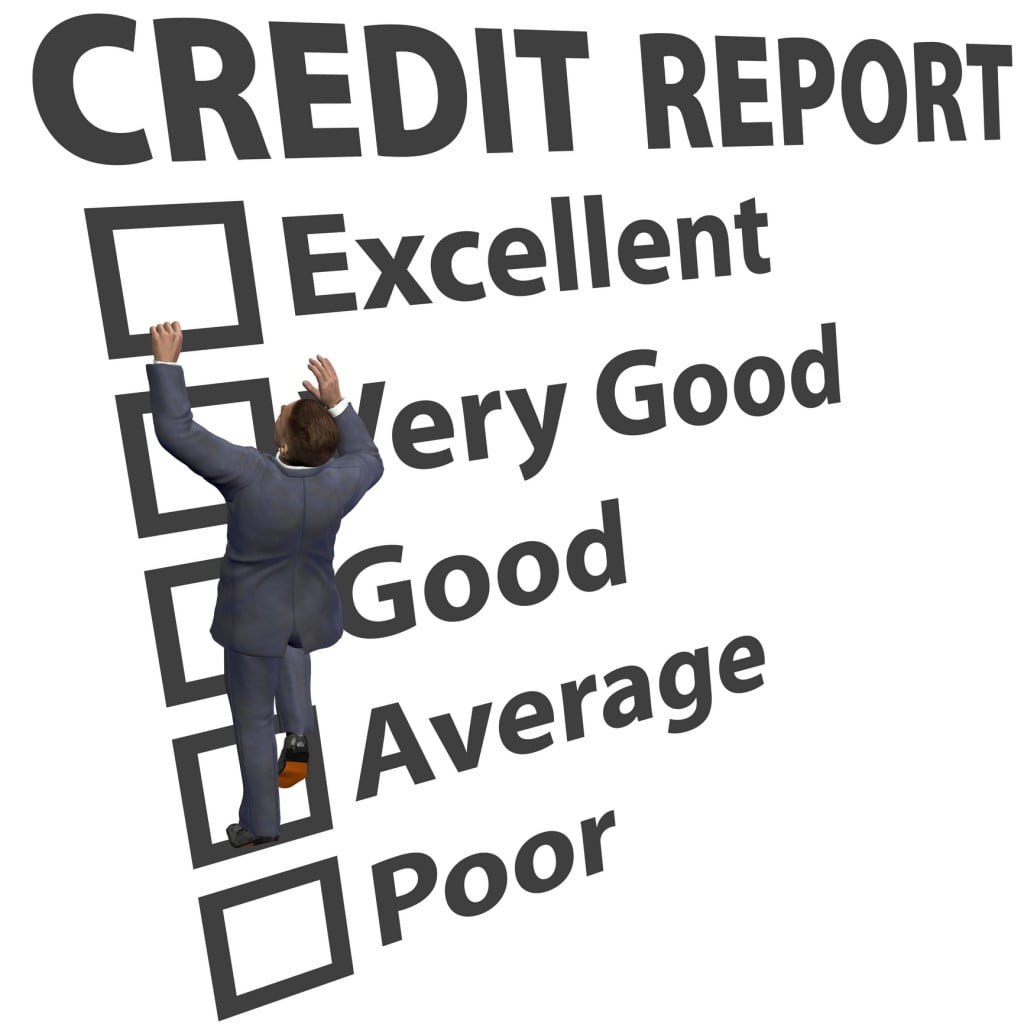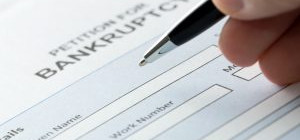 People make mistakes, and, if you're living paycheck to paycheck, it can be hard to pay all your bills on time. That hurts your credit, and you're wondering what you can do to repair the damage. You aren't alone - millions of people around the country have poor enough credit to make getting loans and credit cards challenging.
People make mistakes, and, if you're living paycheck to paycheck, it can be hard to pay all your bills on time. That hurts your credit, and you're wondering what you can do to repair the damage. You aren't alone - millions of people around the country have poor enough credit to make getting loans and credit cards challenging.
If you want to improve your credit score, you should start by finding out exactly how you're doing now. You can get a credit report for free once a year, but you need to pay to see your FICO score. Sites like myFICO allow you to do that very inexpensively. If your scores are above 760, you're probably not going to eke much of an improvement. If it's less than that, then read on, and see how to improve it a bit.
1. Pay Off Your Cards
One of the more dramatic ways to improve your credit cards is to simply pay off revolving accounts like credit cards. This will help more than paying off installment loans like your mortgage or student loans. It helps to be able to show lenders a big discrepancy between the amount of credit you're using and your available credit limits. Getting your balance below 30% of the credit limit on a given card is a great first step; if you can get it down below 10%, better still. If your aim is to improve your credit (instead of simply saving the most money), the best strategy is likely to pay down the cards that are closest to their limits, rather than the cards with the highest interest rate.
2. Use Your Cards Less
Many people believe that, so long as they pay their bills completely at the end of every month, their credit usage doesn't matter. Unfortunately, this isn't the case - what's reported to the credit bureau is actually the balances reported on your last statement. As a result, preventing yourself from accruing large balances can often improve your credit dramatically.
If you can keep your purchases below 30% (or, better, 20%) of the card's limit, again, that helps your scores a lot. If you're too absent minded to keep track, you can set up email or SMS messages with your bank or credit card company to let you know when you approach those limits. If you find yourself frequently using more than half the limit on your cards, an additional card can help to spread the burden. You can also try making a payment just before the statement closing date to reduce the reported balance. Just be sure to make a second payment before the due date - you absolutely want to avoid being late.
3. Use an Older Card
Older credit history is better credit history. If you have an old card that you haven't used in a while, that can improve your credit history immediately. If you haven't used it in a while, the company may no longer be updating it to the credit bureau. Ask your credit card company about this if you're a concerned. Otherwise, try adding a recurring bill to the older account and be sure to pay it off in a timely manner. This will help to build positive credit.
4. Ask for Help
After you've been building good credit for a while and paying your bills in a timely manner, try asking lenders to erase an old late payment. If you've established good will, they may be willing to wipe some old mistakes off the record and improve your credit that way. It's a bit of a process and there's no guarantee, but it can't hurt to ask. A broader solution for people with very poor credit is to request that the account be re-aged, which will let the lender erase delinquencies from your history after a dozen or more timely payments.
5. Rewrite History
If you believe you've been billed unfairly in the past, it might be worth it to go back and dispute older charges which might be hurting your credit. If the amount is small, or the lending company has merged or been bought, the collection agency often won't bother to defend it when you dispute. This can be helpful if there is some dispute over past bills.
Peter Jefferson is a professional blogger that provides financial advice and information. He writes for InstaLoan, a leader in providing auto title loans, auto equity pawns and personal loans.







